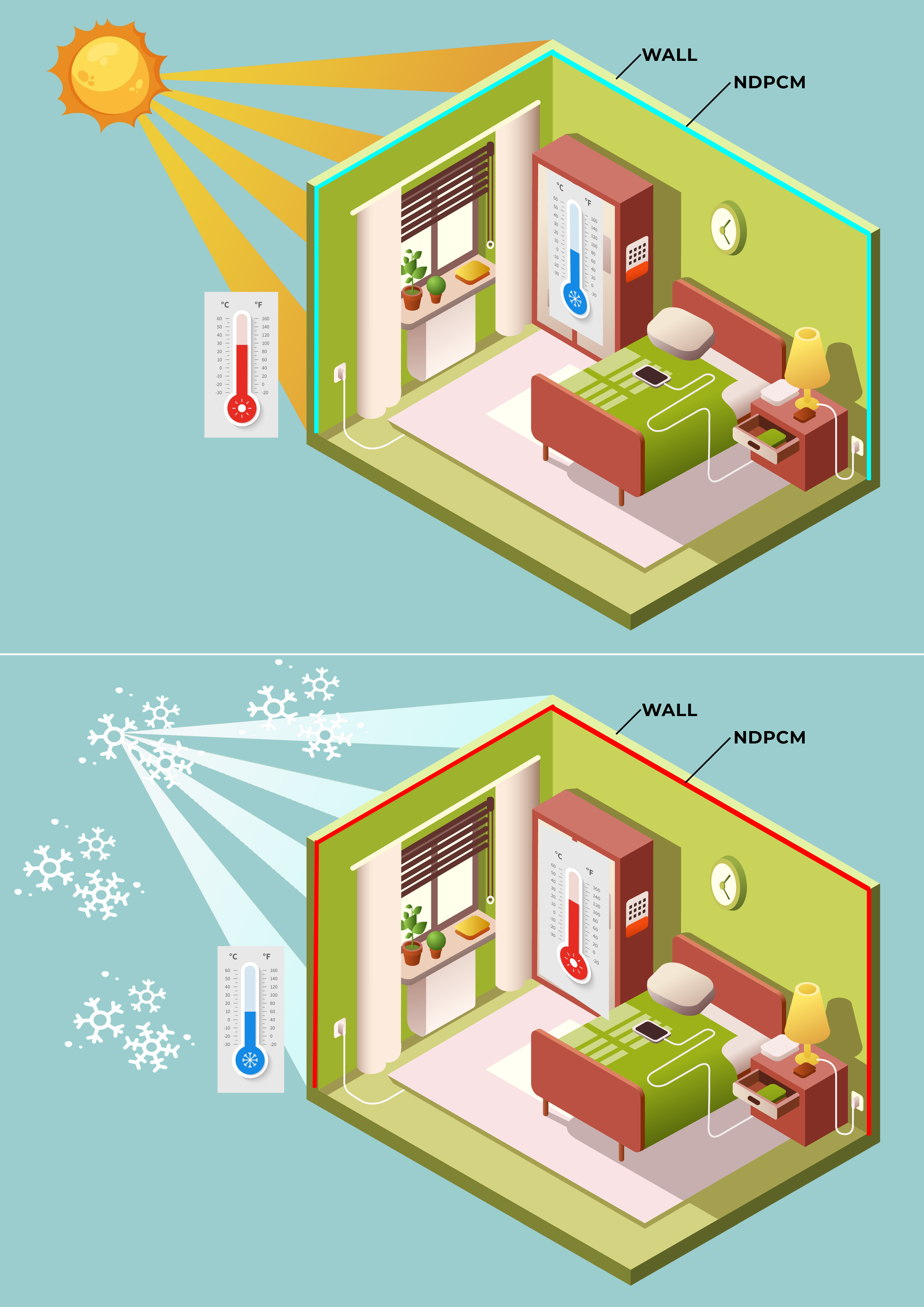 Open Access
Open Access
REVIEW
An Updated Review on Low-Temperature Nanocomposites with a Special Focus on Thermal Management in Buildings
1 Faculty of Mechanical & Automotive Engineering Technology, Universiti Malaysia Pahang, Pekan, 26600, Malaysia
2 College of Engineering, Universiti Malaysia Pahang, Pekan, 26600, Malaysia
3 Research Centre for Nanomaterials and Energy Technology, School of Engineering and Technology, Sunway University, Petaling Jaya, 47500, Malaysia
4 Joint School of Nanoscience & Nanoengineering, North Carolina A&T State University, North Carolina, Greensboro, 27401, USA
* Corresponding Author: M. Samykano. Email:
Energy Engineering 2022, 119(4), 1299-1325. https://doi.org/10.32604/ee.2022.019172
Received 07 September 2021; Accepted 13 December 2021; Issue published 23 May 2022
Abstract
Buildings contribute to 33% of total global energy consumption, which corresponds to 38% of greenhouse gas emissions. Enhancing building’s energy efficiency remains predominant in mitigating global warming. Advancements in thermal energy storage (TES) techniques using phase change material (PCM) have gained much attention among researchers, primarily to minimize energy consumption and to promote the use of renewable energy sources. PCM technology stays as the most promising technology for developing high-performance and energy-efficient buildings. The major drawback of PCM is its poor thermal conductivity which limits its potential use which could be resolved by dispersing conductive nanofillers. The acquired database on synthesis routes, properties, and performance of nano-dispersed phase change materials (NDPCMs) with various techniques presented in the paper should deliver useful information in the production of NDPCMs with desirable characteristics mainly for building construction applications. An outline of contemporary developments and use of NDPCMs as TES medium is delivered. Finally, a brief discussion on challenges and the outlook was also made. In-depth research is needed to explore the fundamental mechanisms behind the enhanced thermal conductivity of NDPCM with nanofillers dispersion and also a thorough investigation on how these mechanisms drive improvement in building performance.
Graphic Abstract

Keywords
Cite This Article
 Copyright © 2022 The Author(s). Published by Tech Science Press.
Copyright © 2022 The Author(s). Published by Tech Science Press.This work is licensed under a Creative Commons Attribution 4.0 International License , which permits unrestricted use, distribution, and reproduction in any medium, provided the original work is properly cited.


 Submit a Paper
Submit a Paper Propose a Special lssue
Propose a Special lssue View Full Text
View Full Text Download PDF
Download PDF Downloads
Downloads
 Citation Tools
Citation Tools